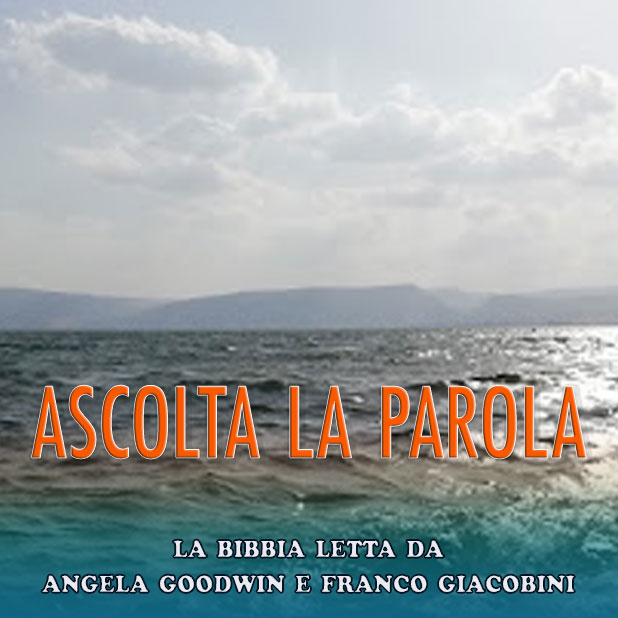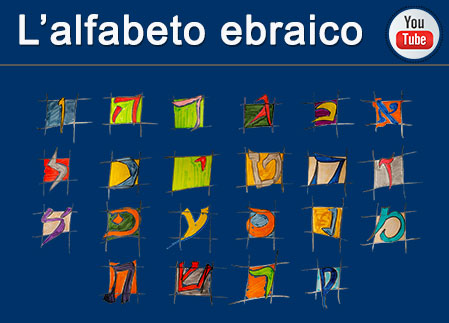John Paul II, Pope (Wojtyla, Karol) 1920-2005
Città del Vaticano 29/04/1999
Dear Brothers and Sisters,1. The interreligious dialogue which the Apostolic Letter Tertio millennio adveniente encourages as a characteristic feature of this year particularly dedicated to God the Father (cf. nn. 52-53) first of all concerns Jews, our “elder brothers”, as I called them on the occasion of my memorable meeting with the Jewish community of Rome on 13 April 1986 (L'Osservatore Romano English edition, 21 April 1986, p. 6). Reflecting on the spiritual patrimony we share, the Second Vatican Council, especially in the Declaration Nostra aetate, gave a new direction to our relationship with the Jewish religion. We must reflect ever more deeply on that teaching, and the Jubilee of the Year 2000 can be a magnificent occasion to meet, possibly, in places of significance for the great monotheistic religions (cf. Tertio millennio adveniente, n. 53).
We know that, from the beginnings of the Church down to our century, relations with our Jewish brothers and sisters have unfortunately been difficult. However, throughout this long and tormented history there have been occasions of peaceful and constructive dialogue. We should recall in this regard that the first theological work entitled “Dialogue” was significantly dedicated by the philosopher and martyr Justin to his encounter with Trypho the Jew in the second century. Also of note is the vivid dialogical dimension strongly present in contemporary neo-Jewish literature, which has deeply influenced the philosophical and theological thought of the 20th-century.
2. This dialogical attitude between Christians and Jews not only expresses the general value of interreligious dialogue, but also the long journey they share leading from the Old to the New Testament. There is a long period of salvation history which Christians and Jews can view together. “The Jewish faith”, in fact, “unlike other non-Christian religions, is already a response to God's revelation in the Old Covenant” (CCC, n. 839). This history is illumined by an immense group of holy people whose lives testify to the possession, in faith, of what they hoped for. Indeed, the Letter to the Hebrews emphasizes this response of faith throughout the history of salvation (cf. Heb 11).
Today the courageous witness of faith should also mark the collaboration of Christians and Jews in proclaiming and realizing God's saving plan for all humanity. If his plan is interpreted in a different way regarding the acceptance of Christ, this obviously involves a crucial difference which is at the very origin of Christianity itself, but does not change the fact that there are still many elements in common.
It still is our duty to work together in promoting a human condition that more closely conforms to God's plan. The Great Jubilee of the Year 2000, which refers precisely to the Jewish tradition of jubilee years, points to the urgent need for this common effort to restore peace and social justice. Recognizing God's dominion over all creation, particularly the earth (Lv 25), all believers are called to translate their faith into a practical commitment to protecting the sacredness of human life in all its forms and to defending the dignity of every brother and sister.
3. In meditating on the mystery of Israel and its “irrevocable calling” (cf. Insegnamenti IX/1 [1986], p. 1028), Christians also explore the mystery of their own roots. In the biblical sources they share with their Jewish brothers and sisters, they find the indispensable elements for living and deepening their own faith.
This can be seen, for example, in the liturgy. Like Jesus, whom Luke shows us as he opens the book of the prophet Isaiah in the synagogue of Nazareth (cf. Lk 4:16ff.), the Church draws from the liturgical wealth of the Jewish people. She arranges the liturgy of the hours, the liturgy of the word and even the structure of her Eucharistic prayers according to the models of the Jewish tradition. A few great feasts like Easter and Pentecost recall the Jewish liturgical year and are excellent occasions for remembering in prayer the people God chose and loves (cf. Rom 11:2). Today dialogue means that Christians should be more aware of these elements which bring us closer together. Just as we take note of the “covenant never revoked by God” (cf. Insegnamenti, 1980, [III/2], pp. 1272-1276), so we should consider the intrinsic value of the Old Testament (cf. Dei Verbum, n. 3), even if this only acquires its full meaning in the light of the New Testament and contains promises that are fulfilled in Jesus. Was it not Jesus' interpretation of the Hebrew Scriptures which made the hearts of the disciples “burn within” them on the road to Emmaus (Lk 24:32), enabling them to recognize the risen Christ as he broke bread?
4. Not only the shared history of Christians and Jews, but especially their dialogue must look to the future (cf. CCC, n. 840), becoming as it were a “memoria futuri” (We Remember: A Reflection on the “Shoah”; L'Osservatore Romano English edition, 18 March 1998, p. 6). The memory of these sorrowful and tragic events of the past can open the way to a renewed sense of brotherhood, the fruit of God's grace, and to working so that the seeds infected with anti-Judaism and anti-Semitism will never again take root in human hearts.
Israel, a people who build their faith on the promise God made to Abraham: “You shall be the father of a multitude of nations” (Gn 17:4; Rom 4:17), shows Jerusalem to the world as the symbolic place of the eschatological pilgrimage of peoples united in their praise of the Most High. I hope that at the dawn of the third millennium sincere dialogue between Christians and Jews will help create a new civilization founded on the one, holy and merciful God, and fostering a humanity reconciled in love.
To the English-speaking pilgrims and visitors the Holy Father said:
In the joy of the risen Lord, I greet all the English-speaking pilgrims and visitors, especially the members of the Council of Major Superiors of Women Religious in the United States. I also greet the Sri Lankan pilgrims and pray that a just and lasting peace may come to your troubled land. Upon all the English-speaking pilgrims and visitors, especially those from England, Norway, the Philippines, Japan and the United States of America, I invoke the blessings of almighty God.
http://www.vatican.va/holy_father/john_paul_ii/audiences/1999/documents/hf_jp-ii_aud_28041999_en.html
240 visualizzazioni.
Inserito 01/01/1970
Relazioni Ebraico-Cristiane
Ultime novità nel sito
- 19/04/2020: Articolo - L’enigma della Maddalena
- 23/02/2020: Articolo - Il locus amoenus nelle catacombe ebraiche e cristiane di Roma
- 16/02/2020: Articolo - Il profetismo nel Vicino Oriente antico
- 13/02/2020: Articolo - I Profeti della Cappella Sistina
- 09/02/2020: Articolo - Gerusalemme e la Terra Santa di Israele


